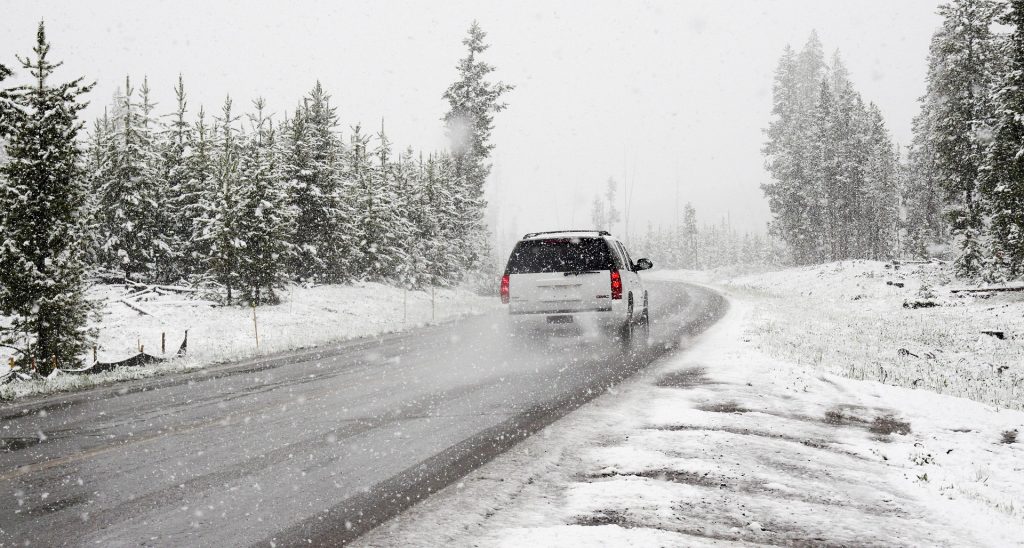Ignoring your car’s coolant during winter can lead to disastrous engine damage.
Others are reading now
One of the most common and costly mistakes car owners make during winter is neglecting their vehicle’s coolant.
According to Boosted, a lack of proper coolant, or insufficient glycol, can have catastrophic effects when temperatures plummet, potentially leading to engine failure.
What Happens in Freezing Weather?
Coolant is a mix of water and glycol that prevents freezing and overheating in your car’s engine. When temperatures drop below freezing, water without enough glycol can freeze and expand. This expansion can cause critical parts of your engine to crack, including the engine block itself.
In extreme cases, an engine replacement might be the only solution — a repair that can cost thousands of dollars. Even less severe damage, such as a cracked radiator, can still be expensive and time-consuming to fix.
Also read
Modern vehicles often come equipped with advanced systems that provide better protection against freezing.
But older cars are highly vulnerable to coolant-related issues in winter.
How to Avoid Engine Damage
-
Check Your Coolant Regularly: Open the hood and inspect the coolant reservoir. Make sure the level is adequate and the liquid is not cloudy or dirty.
-
Ensure the Right Glycol Mixture: The coolant must have enough glycol to prevent freezing. The ideal mix is usually 50/50 water and glycol, but always check your car’s manual for specific recommendations.
-
Avoid Mixing Coolants: Different types of glycol do not always mix well. Combining incompatible coolants can damage your car’s cooling system, leading to costly repairs.
-
Refer to the Manual: If you’re unsure about the correct coolant type for your car, consult your vehicle’s instruction manual or seek advice from a professional.
Even if you drive an electric car, winter conditions can present challenges.
While electric vehicles don’t rely on combustion engines, their battery systems and heating components require extra care in freezing temperatures.


